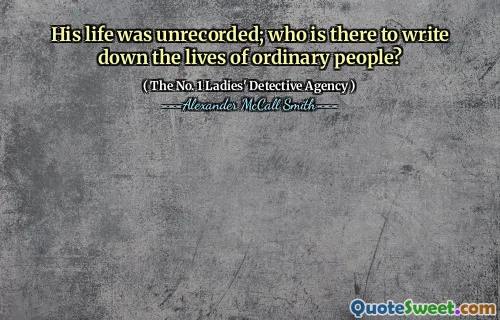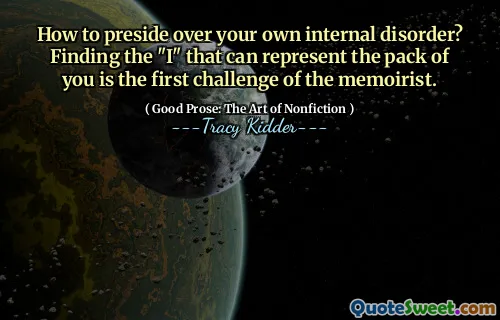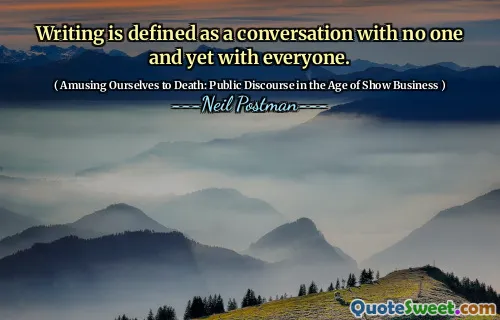Just remember this, when the scream at last has ended and you've turned on the lights: by the rules of the game, I must always lie.
In "Good Bones and Simple Murders," Margaret Atwood explores themes of honesty and deception through a reflective lens. The quote emphasizes a paradoxical truth in human interactions: even when clarity seems to emerge, one may still confront the impact of lies. Atwood's use of the game metaphor suggests that societal norms dictate behaviors, often compelling individuals to mask their true selves.
This thought-provoking statement invites readers to consider the complexities of communication and the nature of truth. It reflects the tension between perception and reality, urging introspection about the motivations behind our choices and words. Ultimately, Atwood's narrative intertwines humor and a somber understanding of human experience, leaving a lasting impression about the art of storytelling and the necessity of grappling with untruths.





